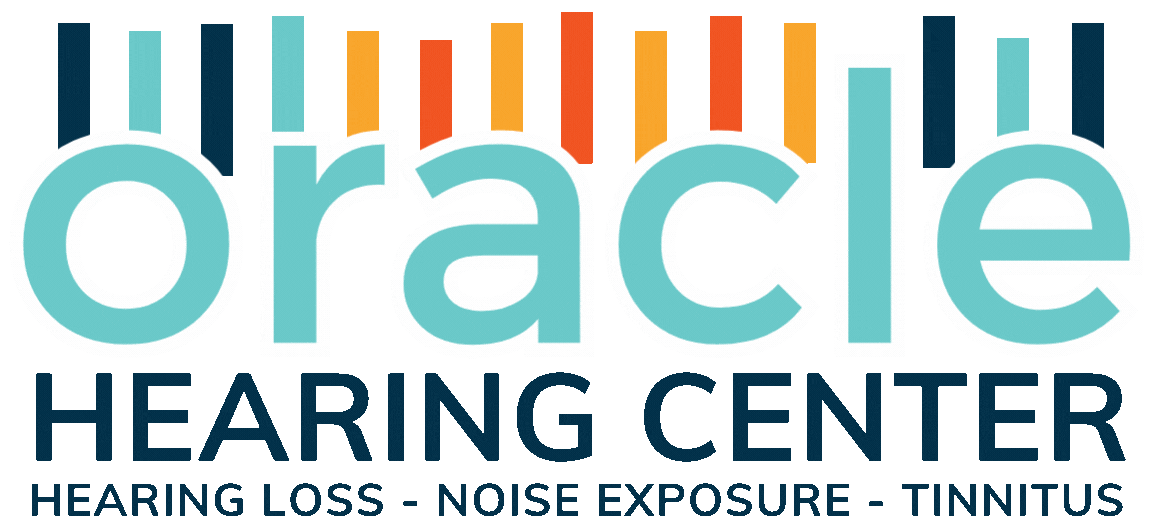Just like any other compact and portable electronic device, hearing aids need batteries to work. In the past, the vast majority of hearing aids were powered by small button batteries that needed to be replaced every few days or weeks. Thanks to recent technological innovations, today’s hearing aids come equipped with batteries that can be recharged. When selecting a hearing aid, it is important to take into consideration the kind of battery that will serve you in the most effective manner. Getting familiarized with the types of hearing aid batteries will help you better understand and appreciate how this tiny yet powerful hearing devices work.
Two Types of Hearing Aid Batteries
There are two main types of hearing aid batteries – the traditional disposable batteries and the rechargeable batteries (which are usually built into the device itself).
Standard disposable batteries
Before it became common practice to use rechargeable batteries in hearing aids, all hearing aids were supplied with disposable batteries.
When a disposable battery is used up, it must be thrown away, whereas a rechargeable battery can be used numerous times before needing to be replaced.
Zinc-air batteries are a common and widely used variety of disposable batteries. These are air-activated batteries that come with a factory-sealed sticker. The battery will be activated once the sticker has been peeled off. Zinc-air batteries can have a lifespan of up to three years if kept in a safe and dry storage area.
Rechargeable batteries
If the door to the battery compartment on your rechargeable hearing aid is missing, the hearing aid is powered by a lithium-ion rechargeable battery. The full charging time for these batteries is approximately three to four hours, and once charged, each battery can provide power for approximately twenty-four hours. The battery itself ideally lasts for the entirety of the hearing aid’s lifetime, which is normally between four and five years.
Color-coding for traditional hearing aid batteries
Disposable hearing aid batteries come in different sizes, but for most consumers, especially first-time hearing aid users, they may all look similar. This is why hearing aid batteries are color-coded to avoid confusion.
Battery sizes and colors:
- Size 13 batteries – orange
- Size 675 batteries – blue
- Size 10 batteries – yellow
- Size 312 batteries – brown
Life of hearing aid batteries
Smaller batteries have a shorter lifespan than bigger batteries. Hearing aid batteries that aren’t rechargeable typically have a lifespan of anywhere from 5 to 10 days, depending on how frequently they’re used. The size of the battery as well as the amount of power that the hearing aid requires will determine how long the battery will last. When used for 16 hours a day, non-rechargeable hearing aid batteries can power a hearing aid around 5 to 10 days.
How to extend the life of hearing aid batteries
Taking extra effort to extend the life of your hearing aid batteries is part of taking care of your hearing devices. Below are some tips on how you could extend the life of hearing aid batteries:
- Avoid exposure to extreme temperatures. Batteries have a high degree of sensitivity. They are susceptible to the effects of moisture, as well as heat and cold. In addition to speeding up the process of their depletion, moisture and humidity can cause batteries to deteriorate, which can result in the batteries leaking acid into your hearing aid, causing it to malfunction.
- Switch off the device when not in use. This is a very basic tip but some hearing aid users forget to turn off the device, leaving the battery running even if not in use.
- If your device has a battery door, make sure to leave it open at night to allow residual moisture to evaporate.
Hearing Aid Batteries in Lawrenceville, NJ
We know how important it is for you to stay connected with family, friends, and colleagues. Make sure to stock up on hearing aid batteries so you can enjoy uninterrupted listening all day long. If you’re having issues with your rechargeable hearing aids, our skilled technicians at Oracle Hearing Center can help.
Contact us today to schedule an appointment!
